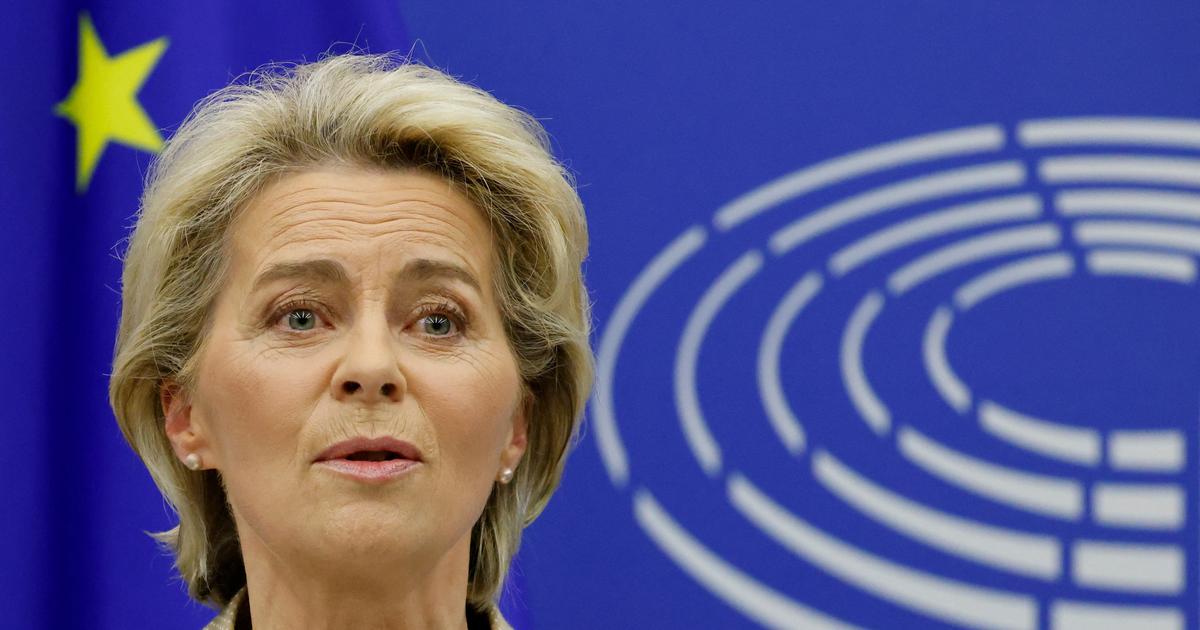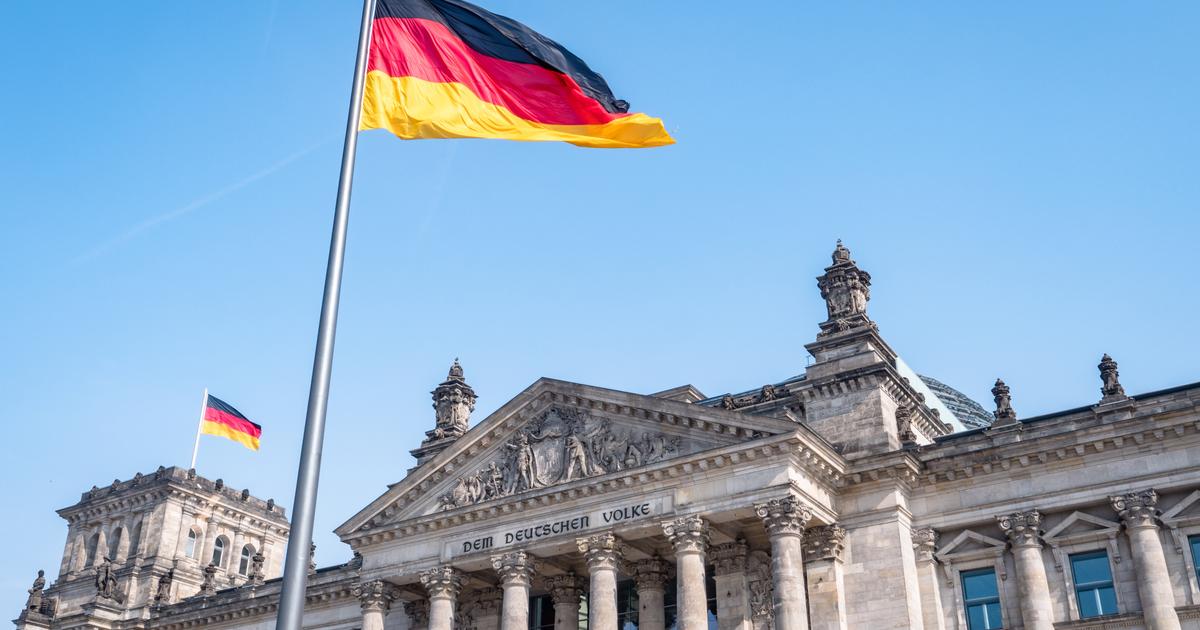The European Commission announced on Monday that it had lowered its economic growth forecast for the euro zone in 2022 by 1.3 points to 2.7%, and increased its inflation forecast by 3.5 points to 6.1%, due to of the war in Ukraine.
To discover
Taxes 2022: all about your tax return
Read alsoInflation, rate, growth: the world on alert
“
There is no doubt that the EU economy is going through a difficult period due to Russia's war against Ukraine, and we have revised our forecast downwards accordingly.
The most important negative factor is soaring energy prices, which are driving inflation to record highs and weighing on European businesses and households,
” said Commission Vice-President Valdis Dombrovskis in a statement.
These forecasts are subject to "
high uncertainty
" linked to the evolution of the conflict and the picture could darken further, warned the Commissioner for the Economy Paolo Gentiloni.
“
Other scenarios are possible, in which growth could be weaker and inflation higher than what we expect today
,” he explained.
For the whole of the European Union, the growth forecast for this year is also lowered to 2.7% and inflation is expected even higher than in the 19 countries sharing the single currency, at 6.8%.
Brussels expects Gross Domestic Product (GDP) growth of 2.3% in 2023 in both the euro zone and the EU and estimates that inflation will fall next year to 2.7% and 3.2% respectively .
Increase in commodity prices
The war in Ukraine reinforced the headwinds that existed before the start of the conflict, but which should have dissipated during the year.
These are in particular price increases on raw materials which, beyond energy, are spreading to the prices of food and certain industrial products and services.
The conflict has also increased supply chain problems and increased uncertainty for both businesses and households, explained Paolo Gentiloni.
The economy has been on a rollercoaster ride over the past two years.
After being hit in 2020 by the effects of the Covid pandemic, activity rebounded strongly from the spring of 2021. The result was record growth of 5.4% recorded last year in the euro zone, after a recession record (GDP down 6.4%) the previous year.
Read alsoShortages, inflation, energy... the consequences of the war in Ukraine worry SME bosses
The growth overhang of 2021 saves the figures of 2022. Without this impact, growth would not exceed 0.8% this year, underlined Paolo Gentiloni.















